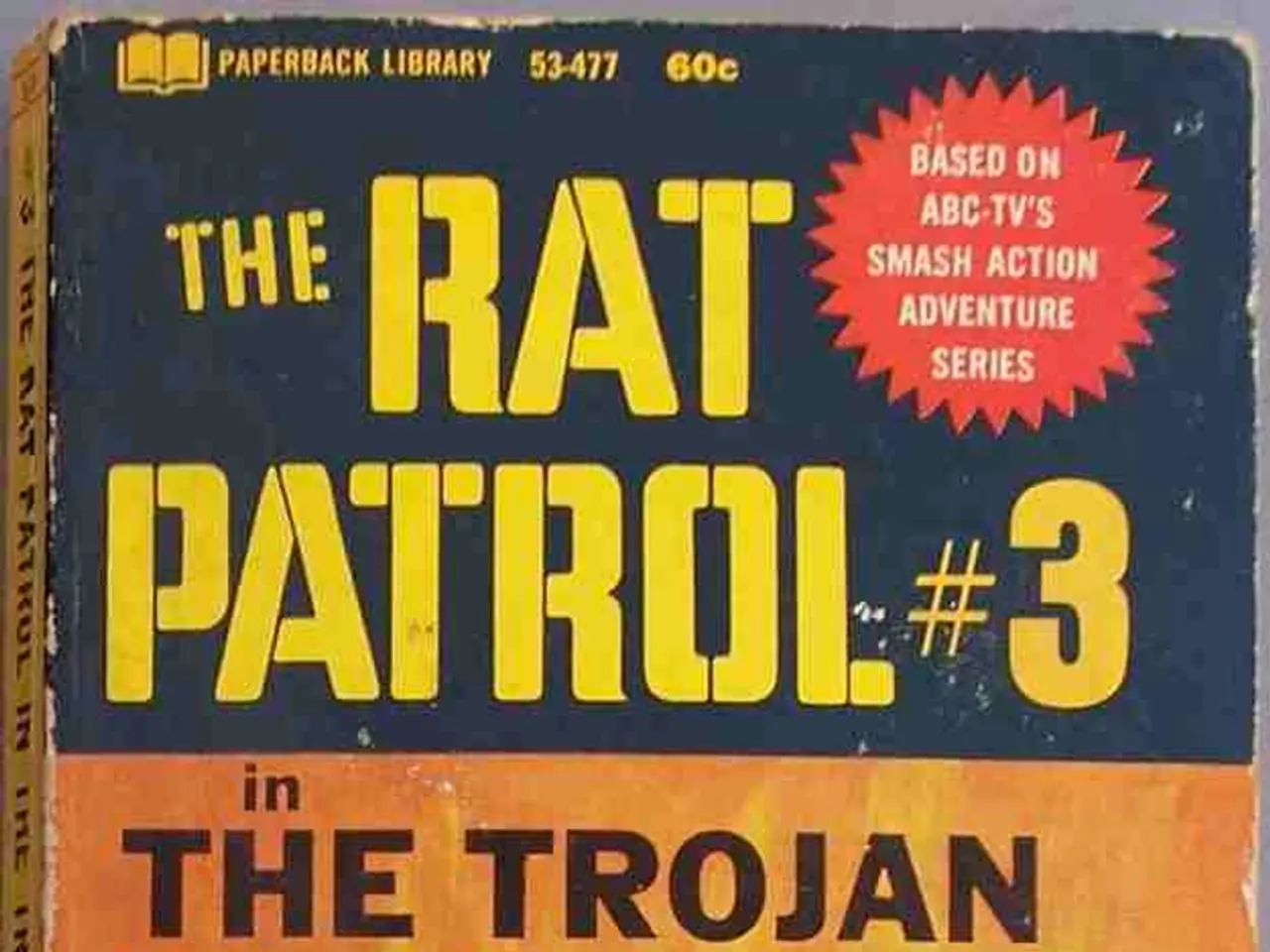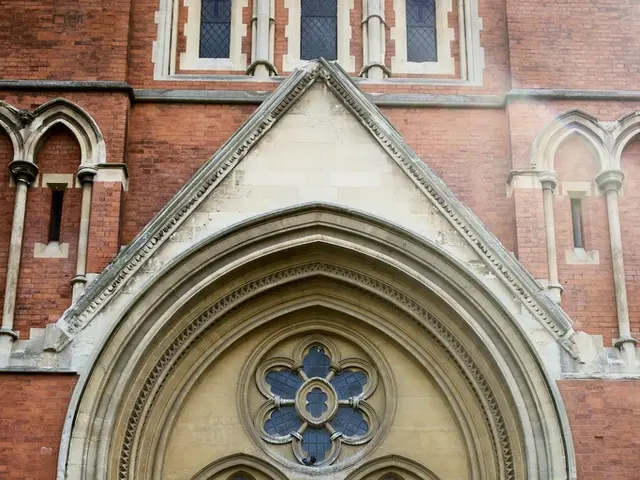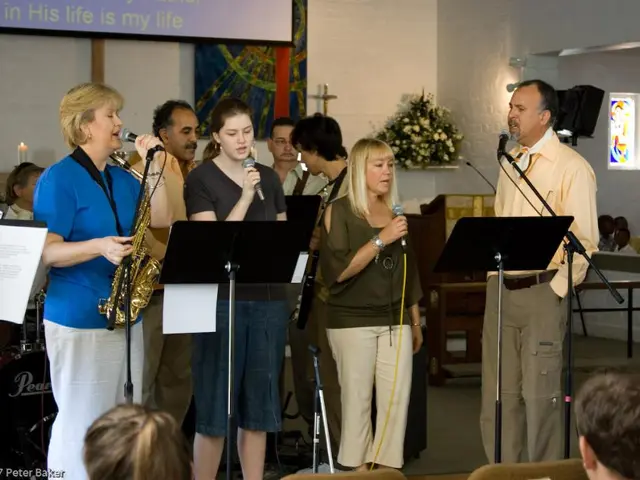Pakistan Minister's assertions concerning the 1971 War disputes are brushed aside as historical disagreements by Bangladesh, as the controversies endure.
Pakistani Foreign Minister Ishaq Dar's historic visit to Dhaka in 2022, the first by a Pakistani foreign minister since 2012, was marred by a diplomatic impasse. The disagreement centres on Pakistan's continued refusal to acknowledge key demands regarding the 1971 war issues.
At the heart of the dispute lies the question of a formal genocide apology for the atrocities committed by Pakistani forces during the 1971 war. Bangladesh maintains that no such apology has been issued to date. Pakistan, however, references the 1974 Tripartite Agreement and statements made by former President Pervez Musharraf in the early 2000s as evidence of a complete resolution.
The disagreement also encompasses the repatriation of stranded Pakistanis and the distribution of pre-independence assets. These three core unresolved issues have been a thorn in the side of bilateral relations for decades.
Despite these historical disputes, both nations signed six cooperation agreements and reached $865 million in bilateral trade during the 2024-25 period. This demonstrates a willingness on both sides to move forward, but the 1971 war issues continue to cast a long shadow over relations.
The Bangladesh government has rejected Pakistan's approach to the 1971 war issues, stating that Pakistan's responses have consistently referenced past agreements without addressing specific contemporary demands. This rejection reflects deeper concerns about the limitations of the 1974 agreement and the need for a more comprehensive resolution.
The last visit of a Pakistani Foreign Minister to Bangladesh before 2022 took place in the year 2015. The diplomatic confrontation over these unresolved issues is a reminder of the complex history between the two nations and the challenges that lie ahead in achieving a lasting peace.






